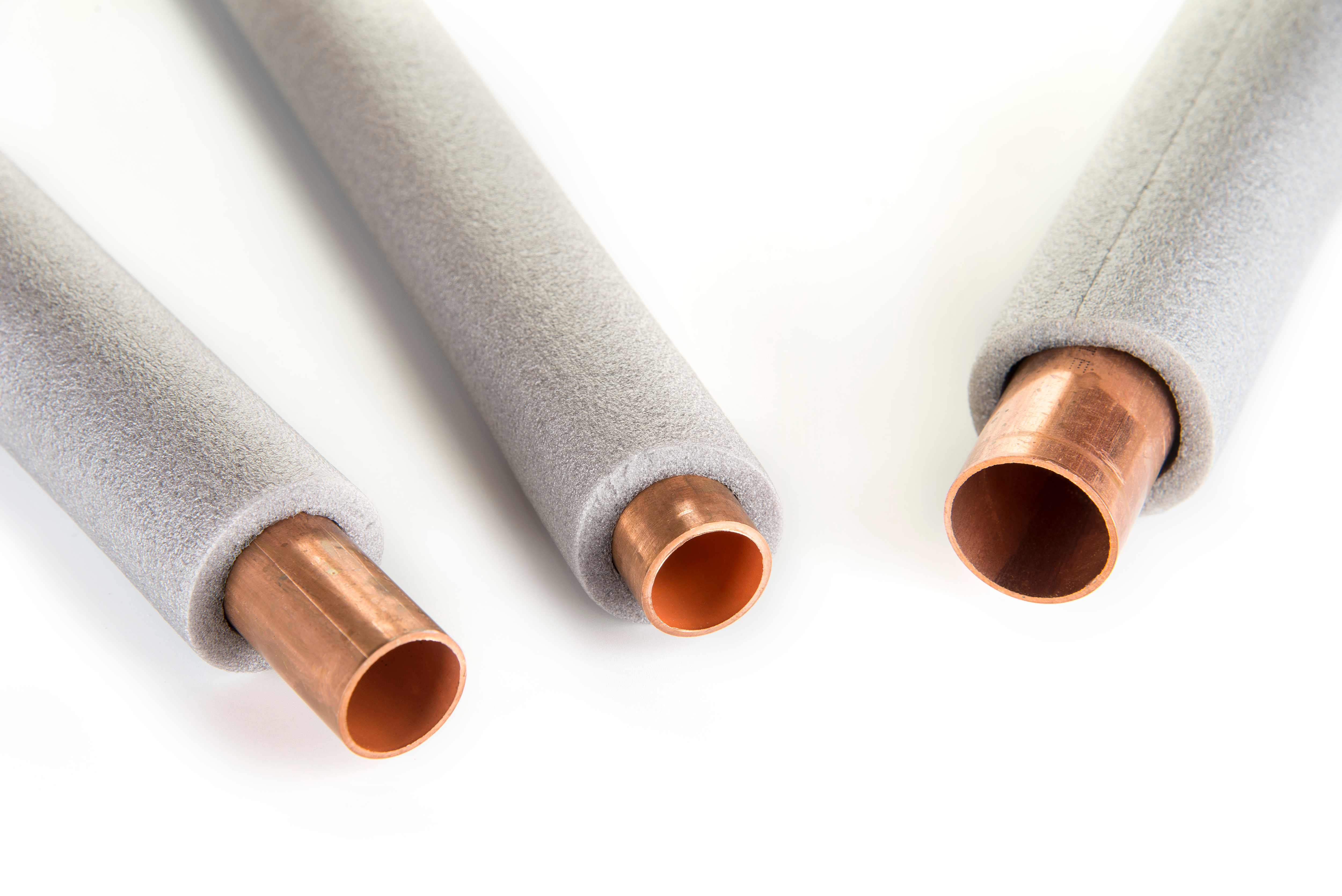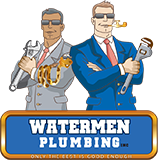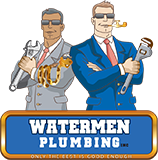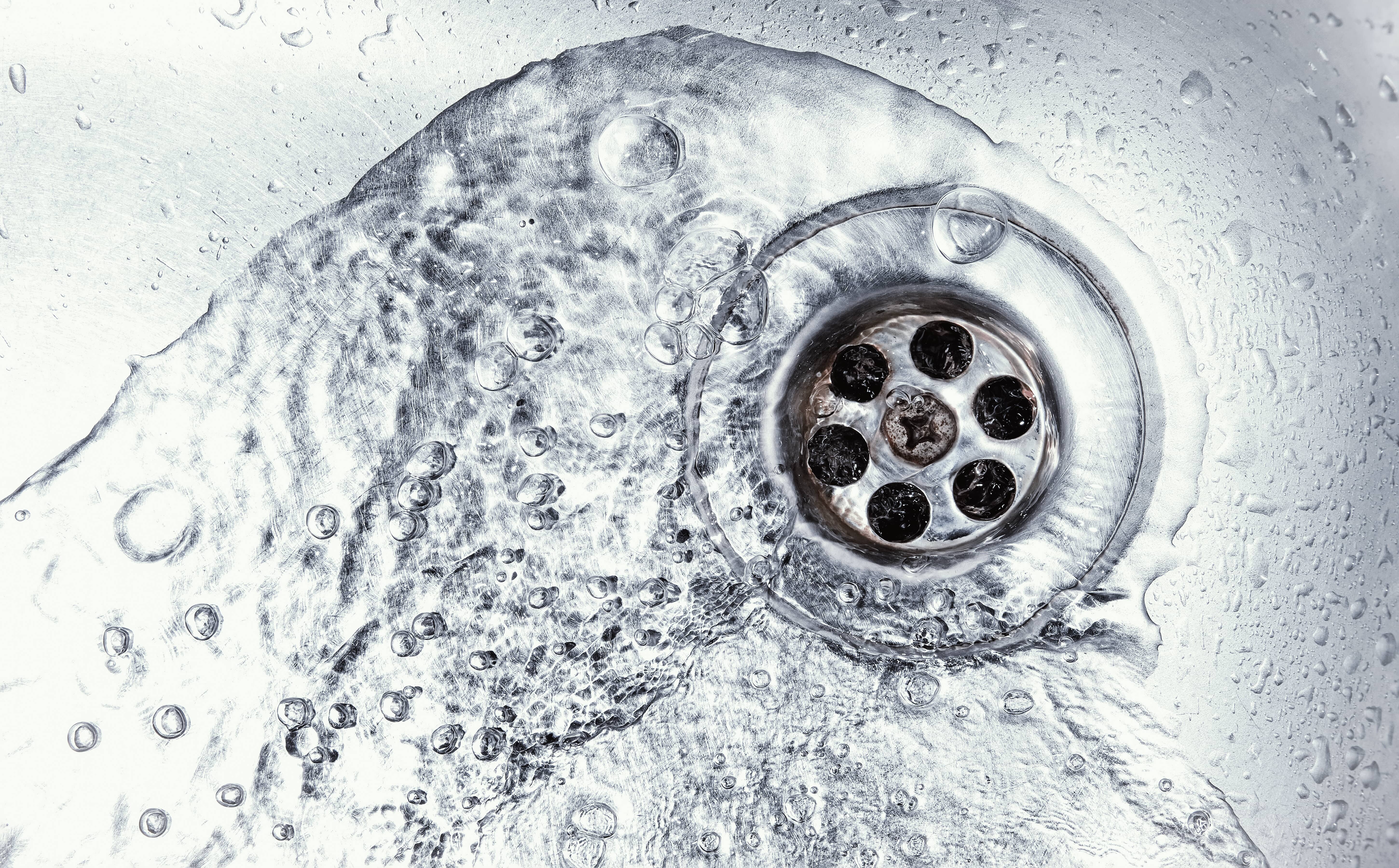Water pipes and sewer lines are essential to home life. Without a functional plumbing system, it would be nearly impossible to live in a modern home.
The home's plumbing system delivers clean water for drinking, washing, and cooking. It also eliminates waste and allows the home to stay sanitary. To keep a household running smoothly, the home's plumbing must be in good condition.
For most households, as InnovativePropertySolutions.com explains, if the plumbing is delivering water and they can get cold or hot water when they need it, they assume the system is in good order. Many homeowners don’t optimize their plumbing's efficiency to get the most of it. The only time they give attention to the system is when something goes wrong.
It is possible to make the home's plumbing perform better with less effort and for much longer. By being careful about the components of the system and how they are used, homeowners can get the plumbing to be efficient without costing more. The following guide will show you the steps to ensure that your home's plumbing runs more efficiently.
1. Clean Drains Regularly
A blocked drain is the most common plumbing problem in the home. They happen primarily in kitchens and bathrooms and can be a big nuisance. But the reason drains get clogged is because of the way they are used.
If food particles and debris are flushed down the drains, the drains will get blocked. Most blocked drains can be unclogged with a plunger or similar device. But the best remedy for a clogged drain is to not to have it clogged at all.
This is because if drains get blocked, it is only a matter of time before expensive repairs will be required. Here are the best ways to prevent blockages:
Keep Debris out of the Drain
Depending on where the drain is, you could do this with a strainer for the kitchen sink or a hair screen/blocker for the bathroom. These devices are cheap and offer a simple way to make what could have been a difficult task easier.
Without a strainer, it is hard to keep food particles out of a kitchen sink. The same applies to keeping hair out of the shower or toilet drain. However, in order for strainers to be effective, they must fit properly, always be in place, and be cleaned regularly.
Never Pour Oil Down the Drain
Another common way that drains get clogged is by having oil poured down them. People do this because they think that since oil is liquid, it will flow out of the drains the same as water.
This is not true as oil tends to solidify when cooled and drains provide the right conditions for this to happen. Oil flushed down the drain congeals along the walls of pipes and becomes a trap for particles that soon block the drain. Diluting oil with soap will not prevent this. The best place to discard used oil is in the trash.
Finally, regardless of whether you follow the steps above, you will still need to clean the drains at least once every two years. That’s because tiny debris that escapes the strainer will still accumulate in the pipes. But, more importantly, mineral build-up from treated water can lead to narrowing of the pipes as well as rust, premature aging, and corrosion. In addition to helping to resolve this problem, cleaning will prevent bad odors in the drain.
2. Keep the Water Pressure Balanced
This is one of the most overlooked sources of problems in the home's plumbing systems. High water pressure feels good when washing or bathing, but the price for that excessive pressure will be paid through damage to other parts of the system.
Extreme water pressure weakens pipes and joints, damages appliances, and inflates the home's water bill. Anything beyond 79 psi will create more problems than benefits. The simple way to prevent this is to install a hose-bib gauge to monitor the pressure on a regularly. If pressure ever exceeds the recommended level, contact a plumber to adjust it.
3. Insulate the Pipes
Pipes are like the arteries of the home, delivering clean water where it is needed. Pipes are easily damaged, but not so much from old age, as from neglect or misuse. A common source of damage to pipes and joints is extreme temperature changes, particularly, during winter when pipes are more likely to freeze.
When water freezes, it expands and if water is inside those pipes, the pipes are apt to burst or weaken. To prevent this, you should insulate the pipes. Insulating pipes will also prevent heat loss and reduce the amount of energy used on heating.

4. Only Use Experienced Plumbers & Follow Plumbing Instructions
A licensed and experienced plumber will ensure the plumbing adheres to the most current local and state regulations. These regulations not only ensure proper installation, but they also extend the life of the plumbing systems. By using only competent plumbers who follow the city codes, you will be making the most of your plumbing systems and saving a lot of money along the way.



